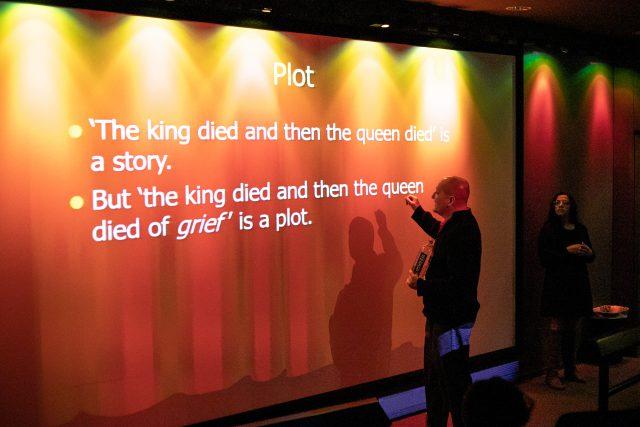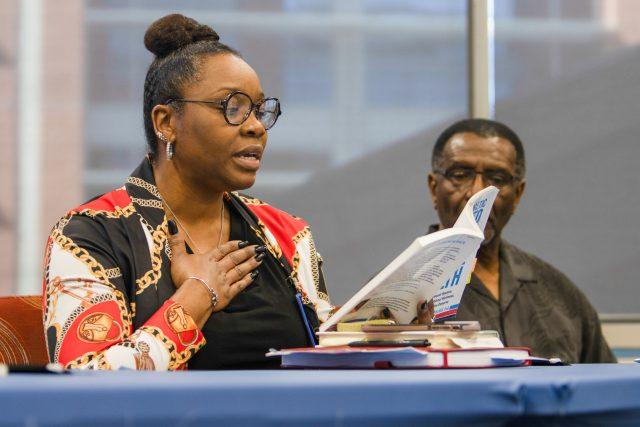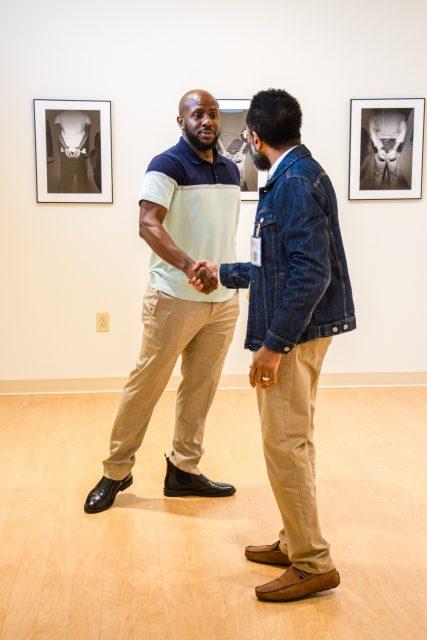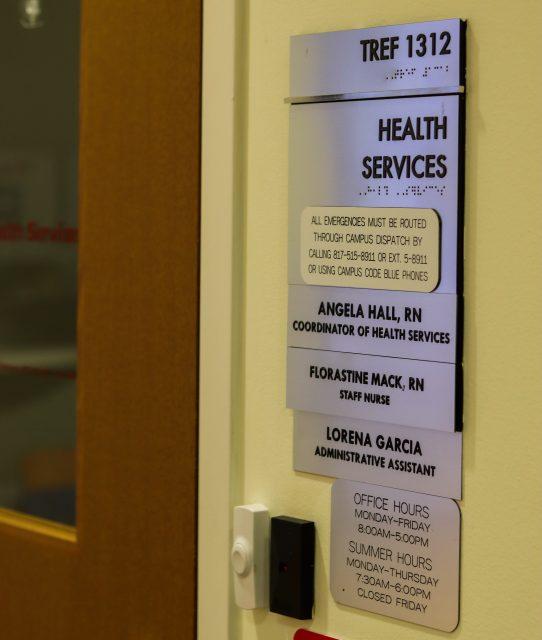| February 19, 2020 | Dang Le | managing editor |
|---|
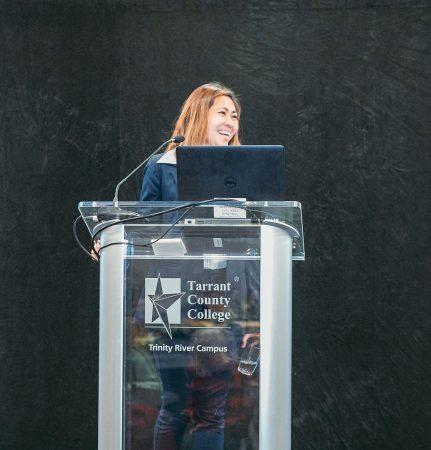
Cannabis can be good for the brain, and in some cases, the good benefits outweigh the negative effects, a leading researcher said at The Science of Cannabis and the Brain Feb. 13 on TR Campus.
The TR biology department brought in Francesca Filbey to cover the topic. Filbey is the director of cognitive neuroscience research of addictive disorders at the Center for BrainHealth in UT Dallas School of Behavioral and Brain Sciences. She has received many awards for her research on numerous and the brain.
However, even though Filbey has spent over 15 years working in the cognitive neuroscience of addiction, she honestly admitted that the research is minimal because of the stigma around marijuana.
“Up until now, we don’t know much about cannabis, although we used it for therapeutic effects for 2700 years,” she said.
During her research, she said she and her team studied the effects of cannabis on a group of people ages 18 to 55. Younger people may have brain underdevelopment, while older people may have delayed cognitive processing due to age factor.
The use of marijuana relates to the dopaminergic reward system, which is the system for thriving and surviving, she said.
She also found many reasons as to why one would get addicted to the feeling of cannabis.
When one has a problematic background like experiencing the death of a loved one or is currently dealing with stress, they will want to respond more to the dopamine injection reward system, which cannabis activates.
While Filbey brought up a lot of scientific facts, she had trouble answering one of the students’ questions on whether people should overlook the negative effects of marijuana because of how beneficial the use of cannabis in medicine is.
“The short answer is we don’t know. Hopefully, we know soon with the legalization that we, the scientists, can get more access to cannabis,” she said.
In the U.S., 33 states have legalized marijuana for medicinal use, and only 11 states have fully legalized it not just for medicinal purposes but also for
recreational use.
TR academic support services coordinator Jeanette Laredo shared the same sentiment with Filbey when it comes to the current legalization state of cannabis in Texas. Although people have been using cannabis for years, more concrete explanations of how it affects our brain have only appeared as of late because it’s become legalized in some states, she said.
“What I like about this presentation is it wasn’t outright saying marijuana is bad for you, or it’s bad for your brain,” she said. “It was just like, these are the studies saying ‘this is what we have been able to discover,’ because I think it’s far more nuanced than it’s good or bad or anything.”
Laredo also believed the stigma around cannabis would hurt research in the long run, as it hinders studies on the issue.
“I think what’s happening with the legalization of marijuana in some states is that people are afraid that it’s just gonna be a free-for-all, or it’s gonna have little to no regulation,” she said. “But I think studies like this are important because it allows people to make important decisions about their use of cannabis.”
TR biology instructor William Blackburn, who brought Filbey in to talk at the discussion, hoped the audience learned more facts instead of judging cannabis based on misinformation.
“I hope it can inspire more students to learn and not just about cannabis,” he said. “It is all about being curious and going on a journey to find answers.”


















